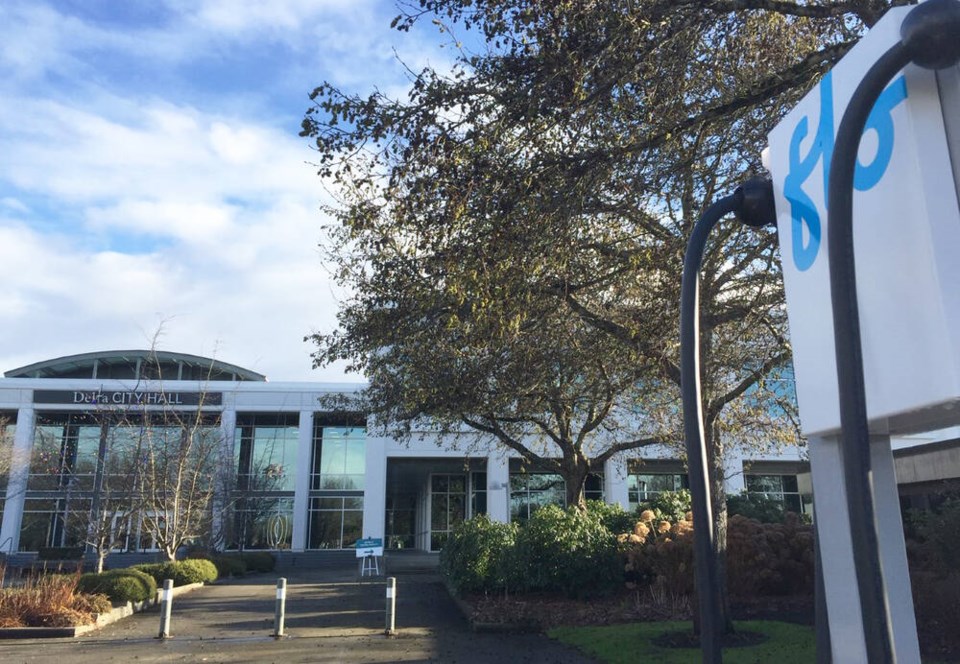A huge infrastructure investment will need to be made in electric vehicle (EV) charging stations in Delta and throughout the Lower Mainland to meet growing regional demands.
A recent Metro Vancouver staff report to the Climate Action Committee outlined a new regional EV charging analysis and guidance project, aimed at estimating the amount and types of EV charging infrastructure needed to support the rapid uptake of light duty EVs over the next 30 years across the region, as well as recommend actions for member jurisdictions to plan for and deploy public and multi-family building EV stations.
BC Hydro and TransLink partnered to deliver the guidance project.
The report notes the project’s charging needs assessment forecasting demand suggests that by 2035, 2,200-to-2,900 public direct current fast charging (DCFC) ports and 32,000-to-47,000 public Level 2 ports (approximately two-thirds of which could be work place charging) will be needed.
By 2050, the region will need between 4,600-to-7,700 public DCFC ports and 54,700-to-97,600 public Level 2 ports. Currently, there are approximately 1,660 Level 2 ports and 270 DCFC ports in Metro Vancouver.
Rapid and widespread expansion of the charging network will be needed to keep pace with the expected rapid uptake of EVs, the report concludes.
Significant capital investment is needed in both public charging and multi-family building retrofits, estimated to total $2.1 billion-to-$2.9 billion by the year 2050, according to the report, noting responsibilities for the planning, investment and operation of EV charging must be shared among multiple orders of government, as well as BC Hydro and the private sector.
Deploying EV charging infrastructure at the scale necessary requires big, coordinated actions from governments, utilities and others, the report adds.
The City of Delta’s Electric Vehicle Strategy was endorsed by council in 2020.
Council last year also approved bylaw changes that require EV infrastructure in new, multi-unit residential projects.
The new rules require 100 per cent of vehicle spaces with either a dedicated Level 2 outlet or charger, as well as resident bicycle storage areas having one outlet per four bicycle spaces.
The requirement to provide an energized outlet would allow all parking spaces to be EV-ready, thus reducing the costs for strata corporations and owners to add electrical room capacity, conduit and wiring after construction, according to the planning department.
Meanwhile, the city recently issued a request for proposals for the installation more city-supplied EV charging stations.
The work involves assembly and installation of 21 public charging stations and 10 city fleet charging stations.
The new public stations are expected to be operational in late 2023. The city currently owns and operates about 30 Level 2 charging stations at civic facilities, but no Level 3 fast charge stations, yet.



